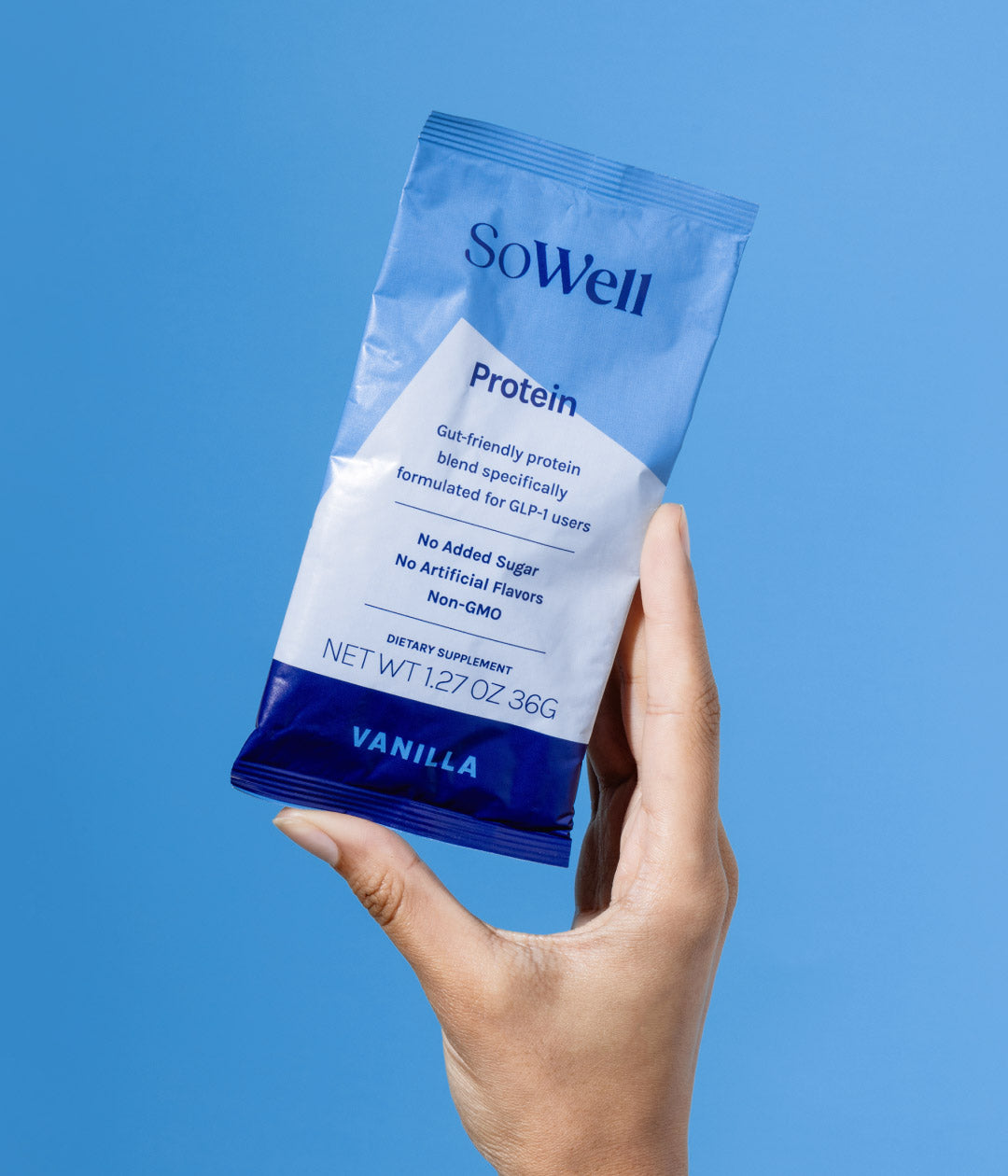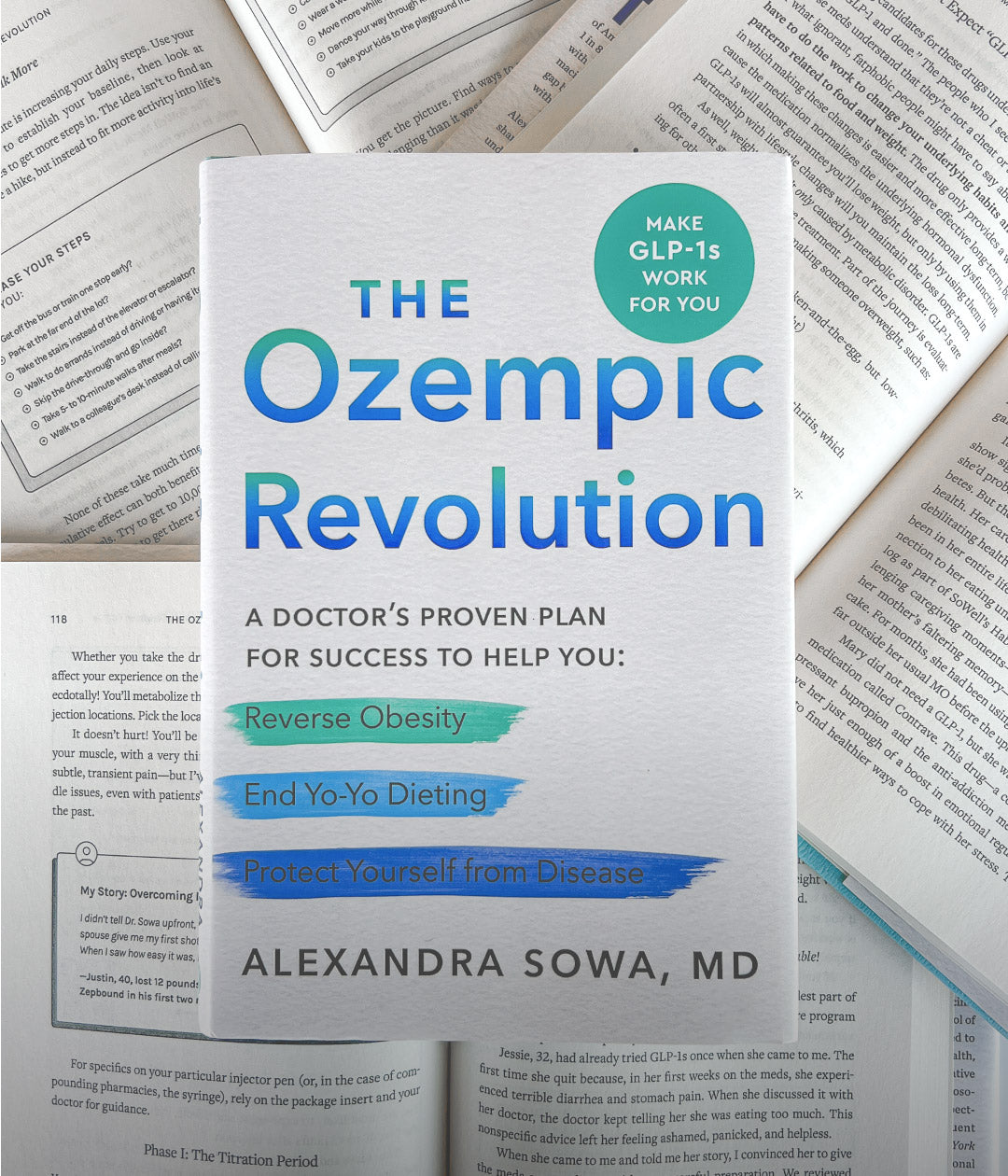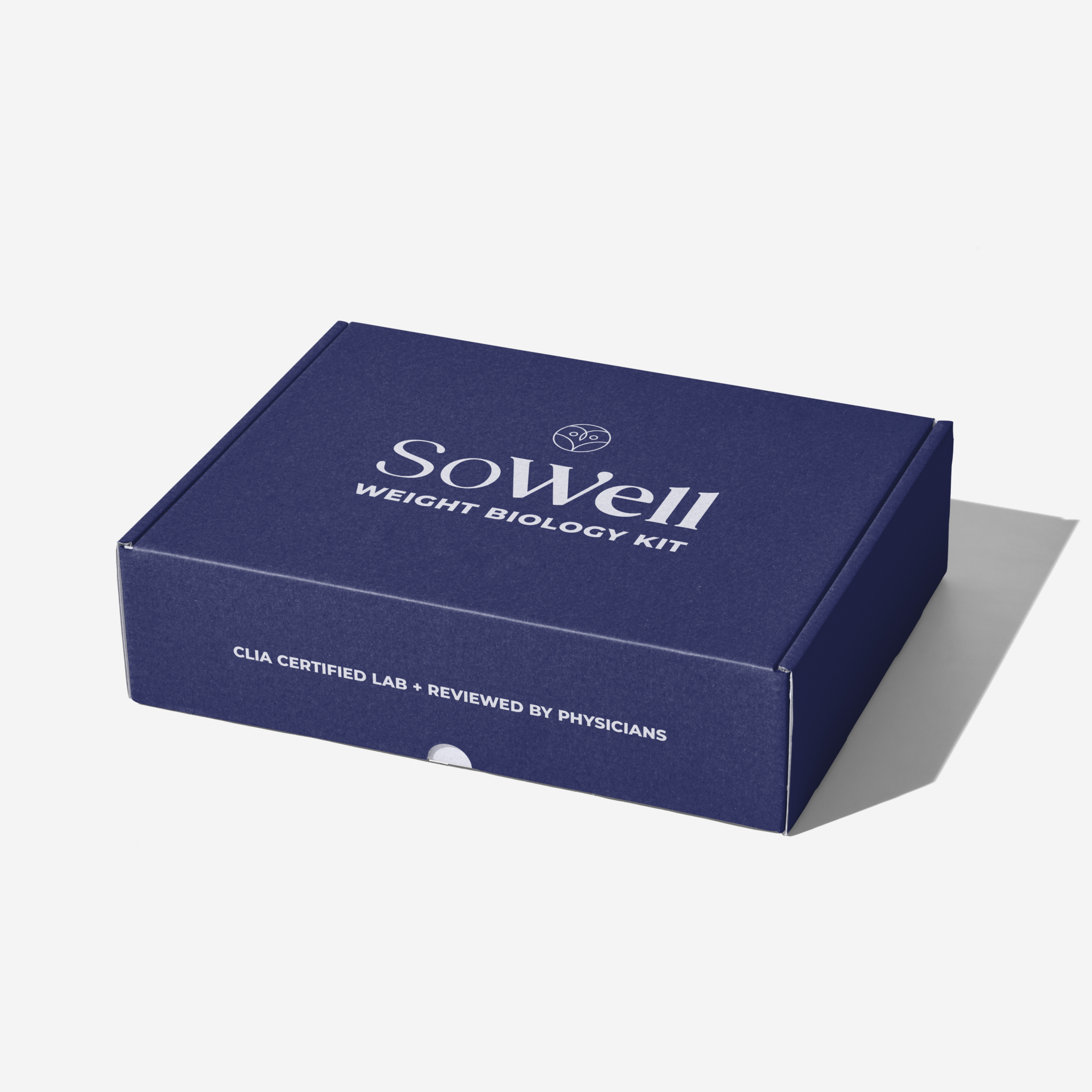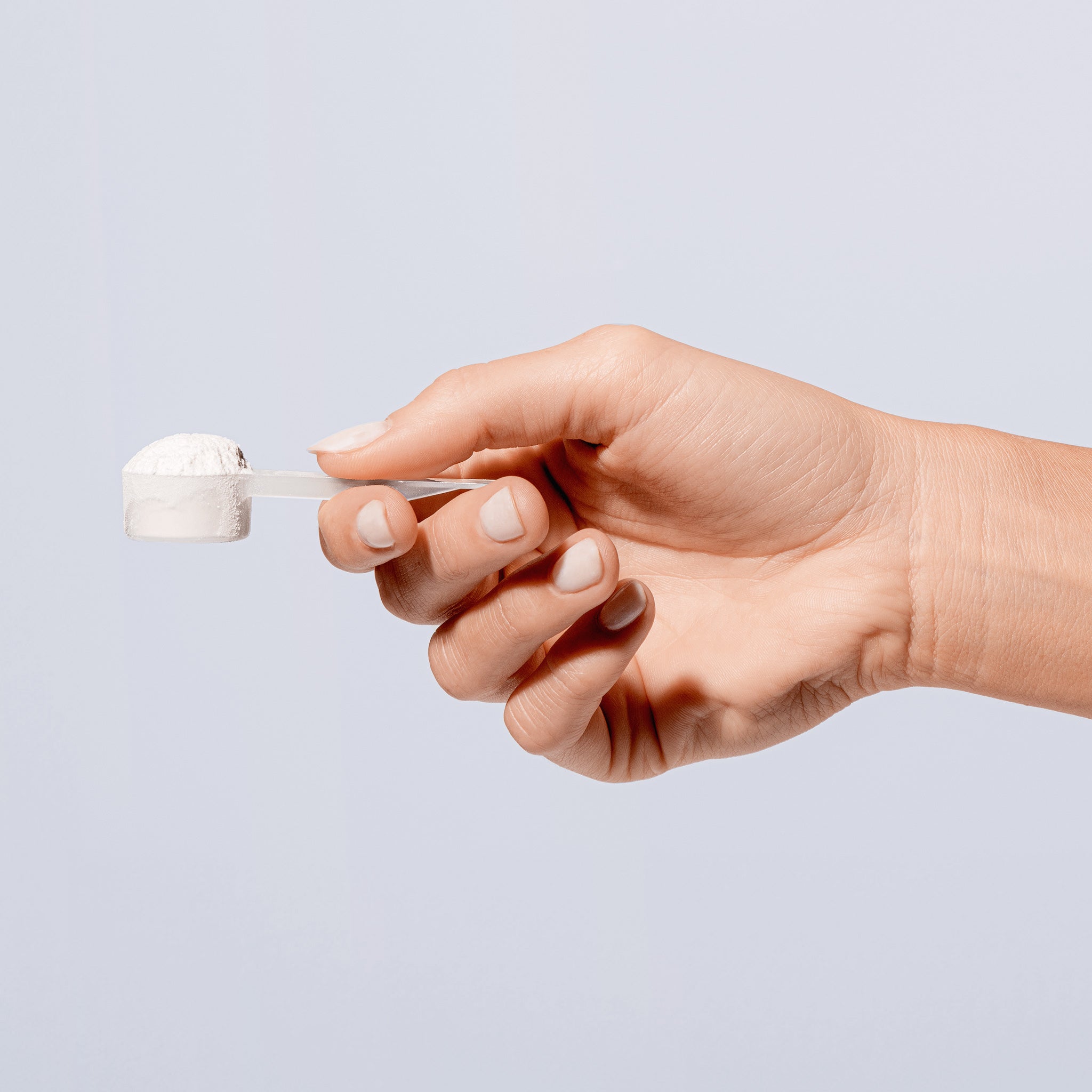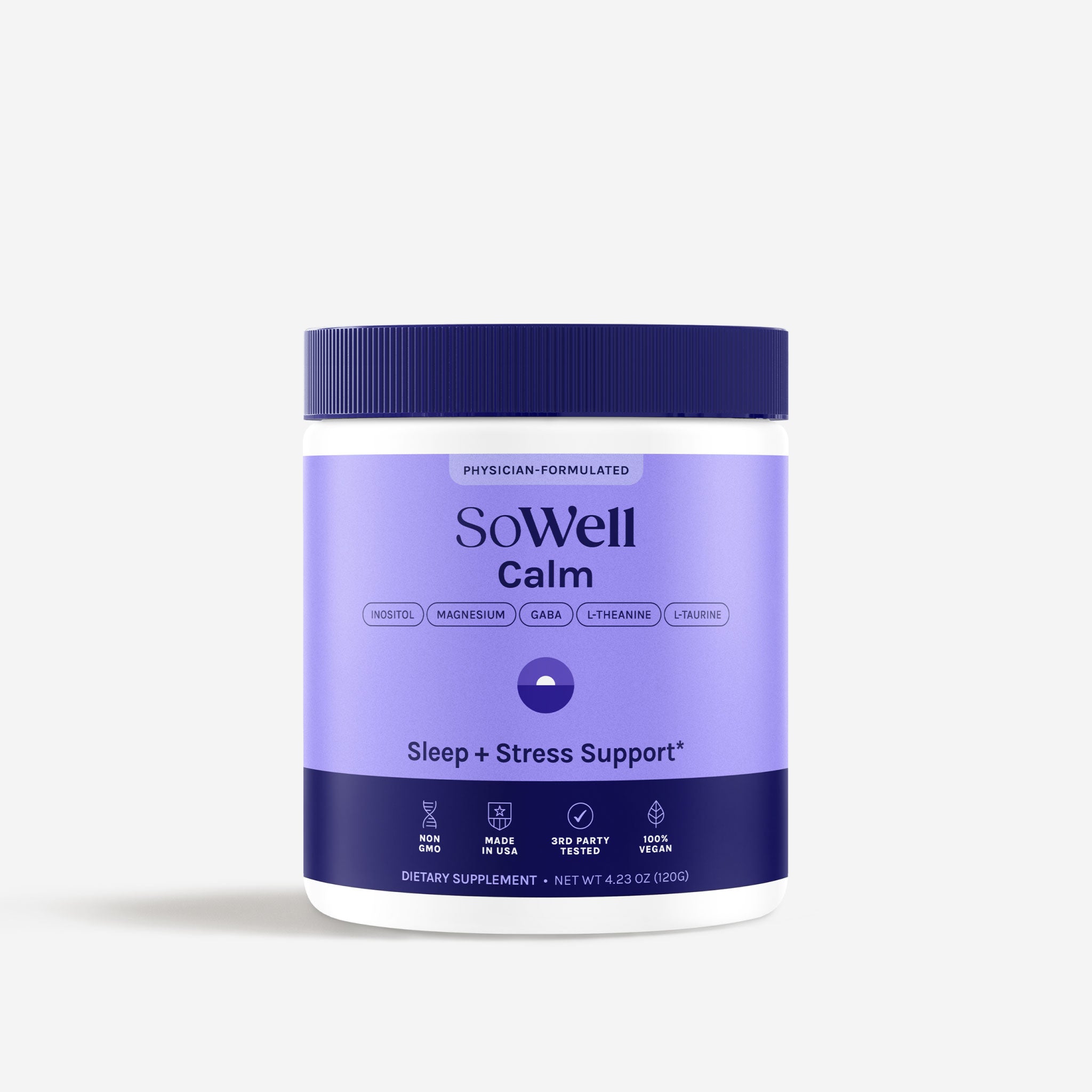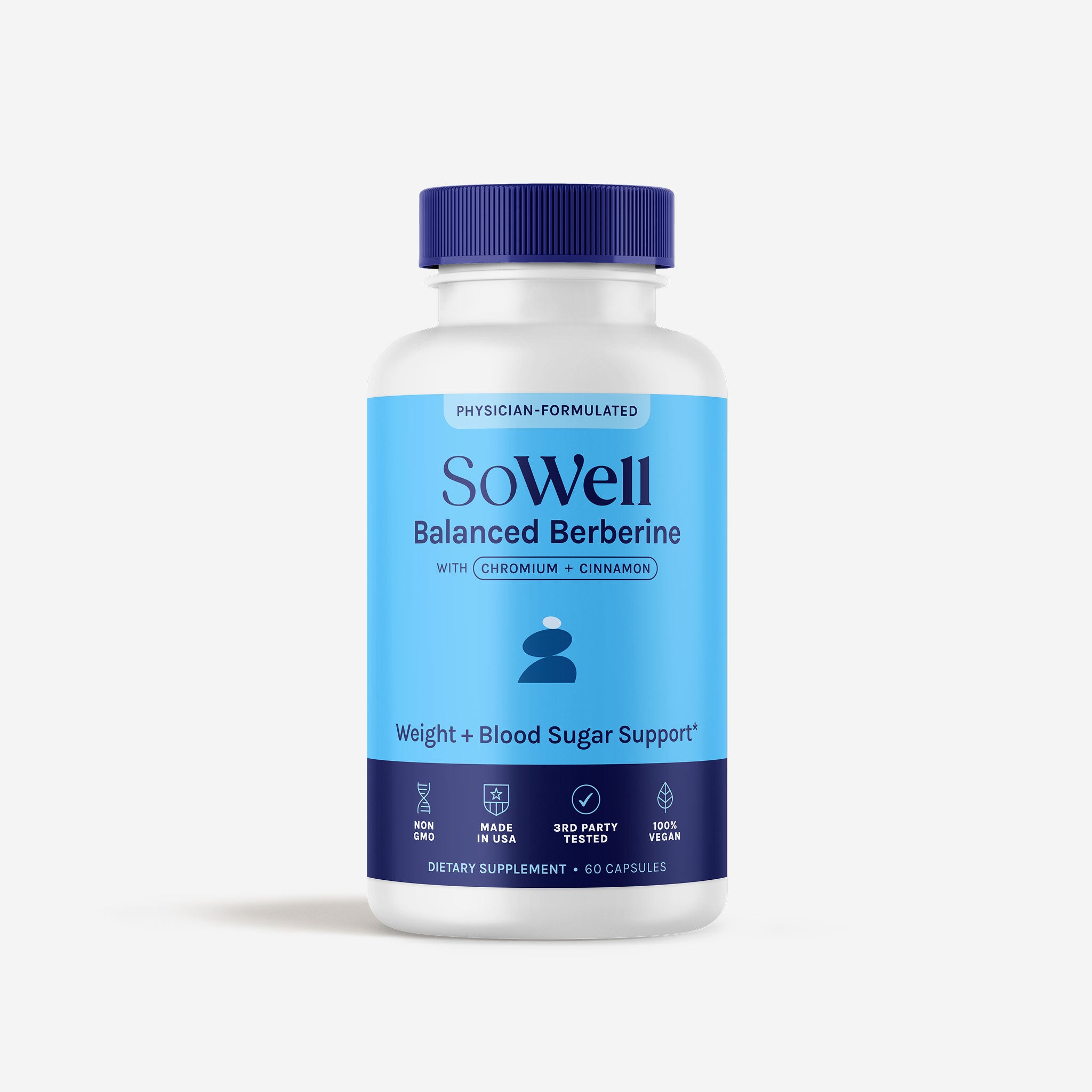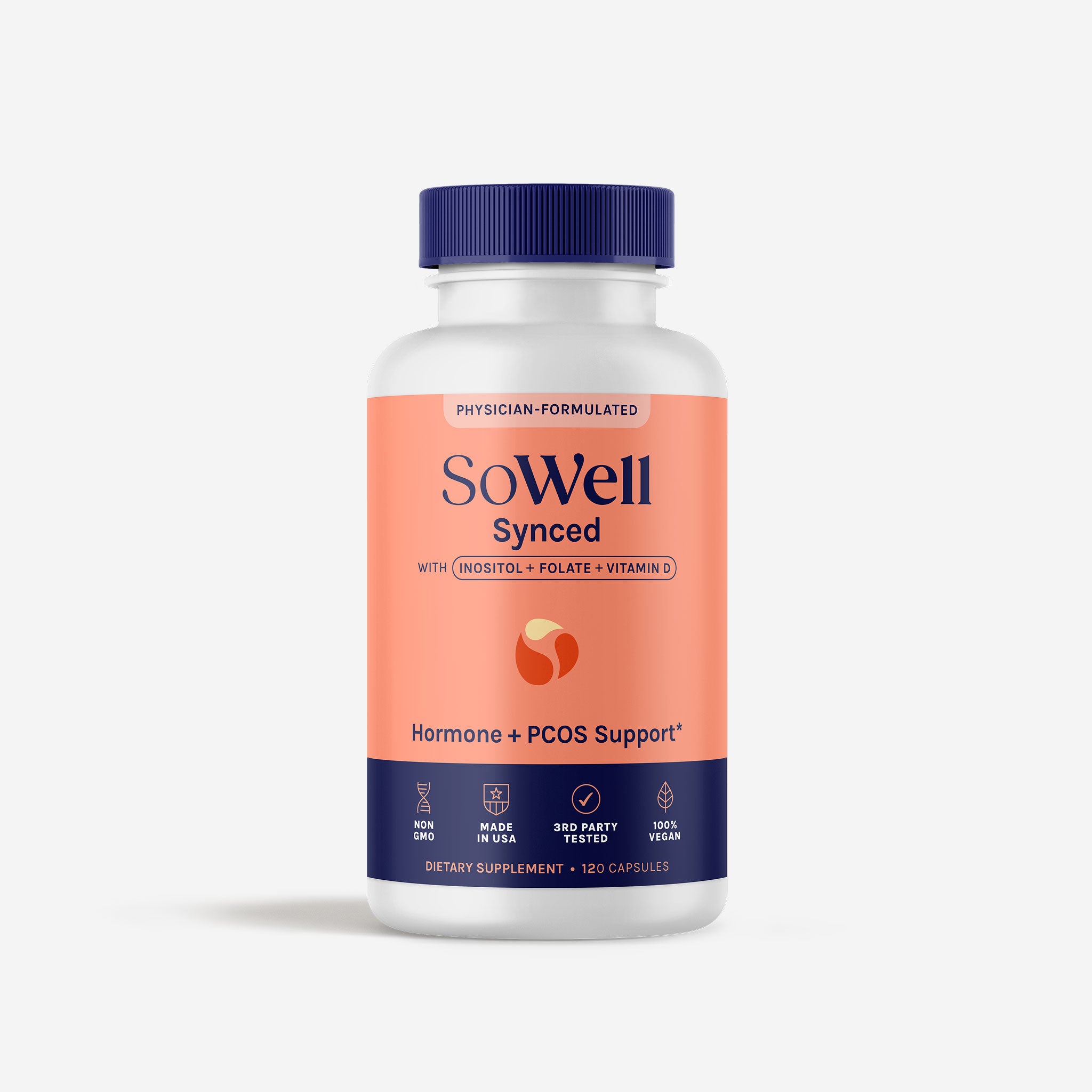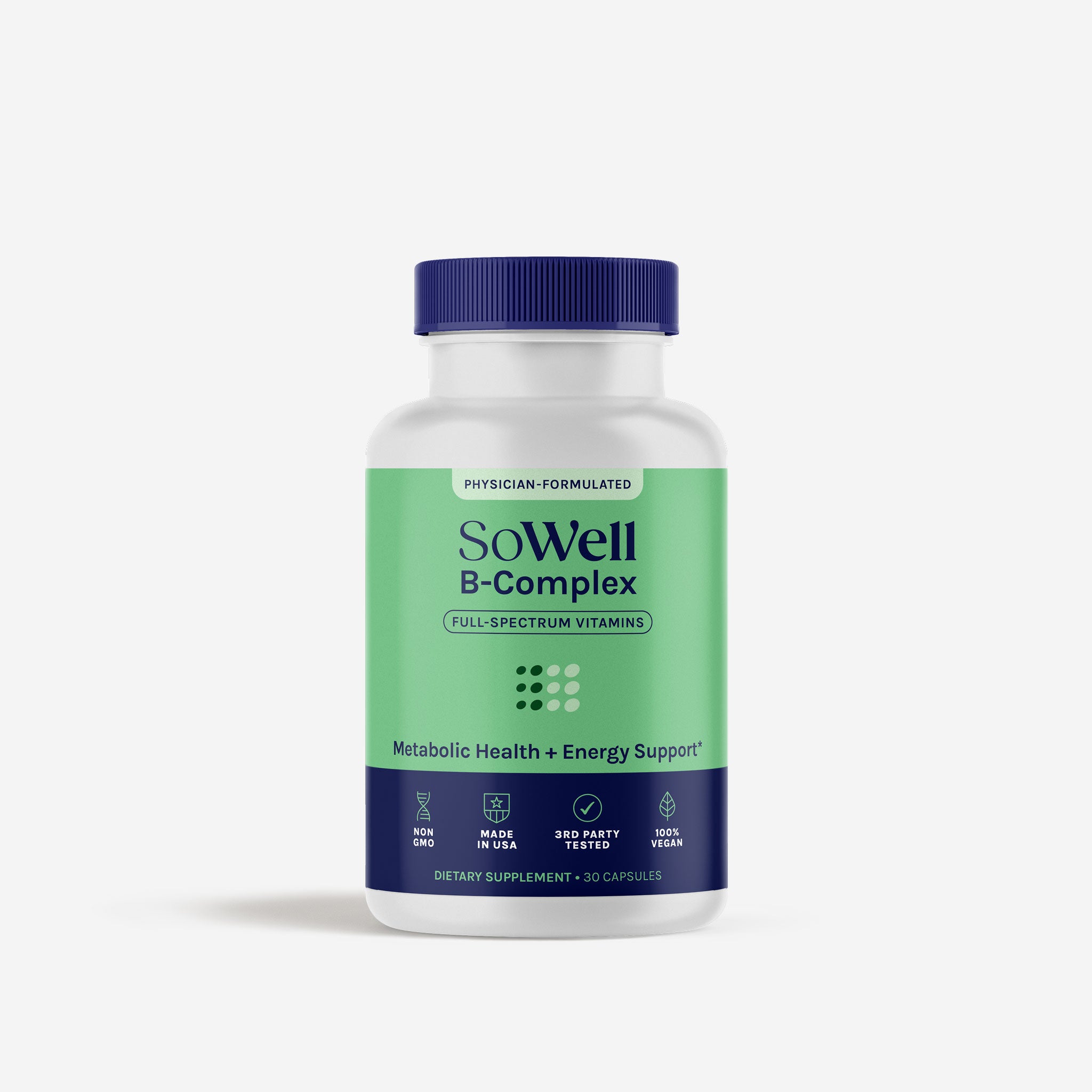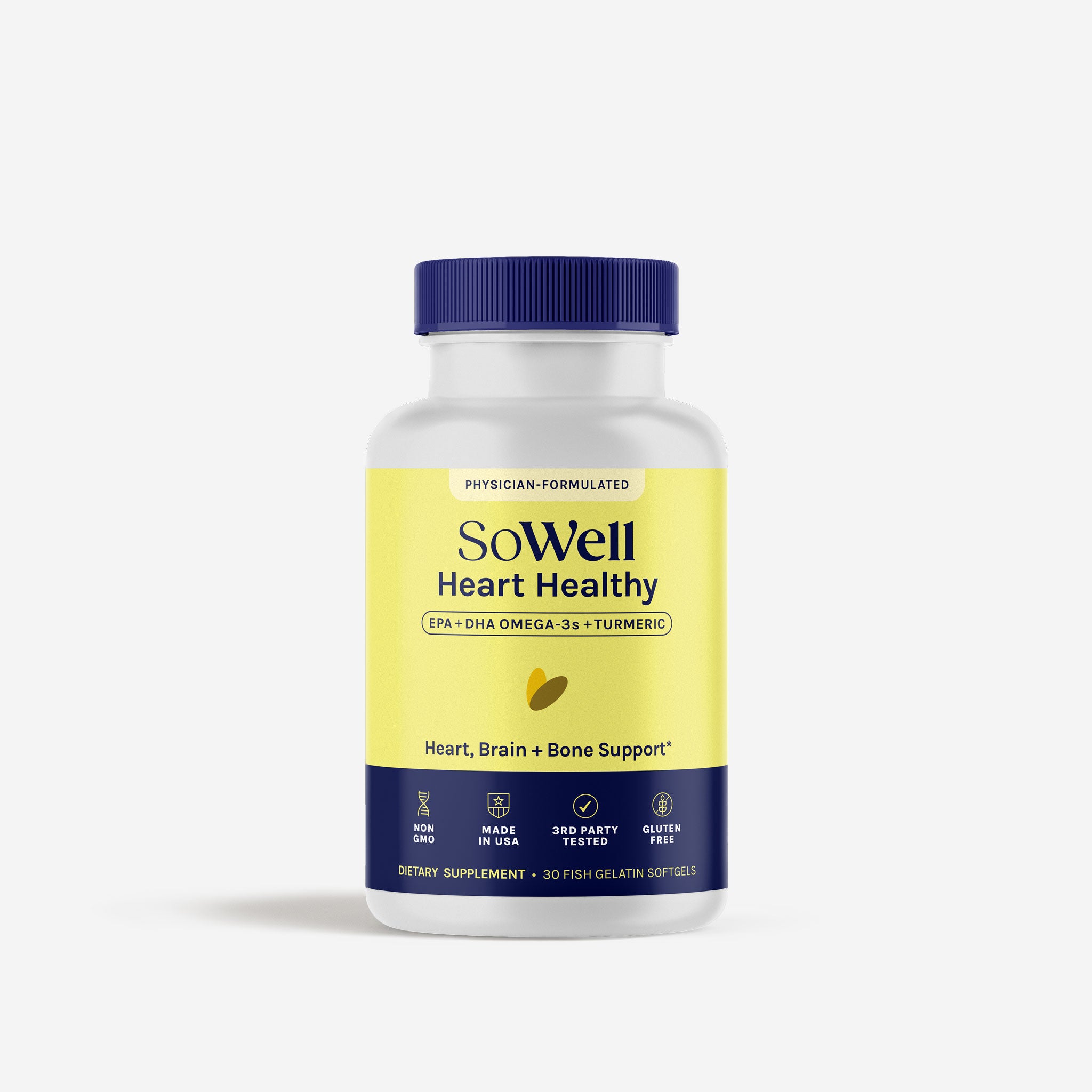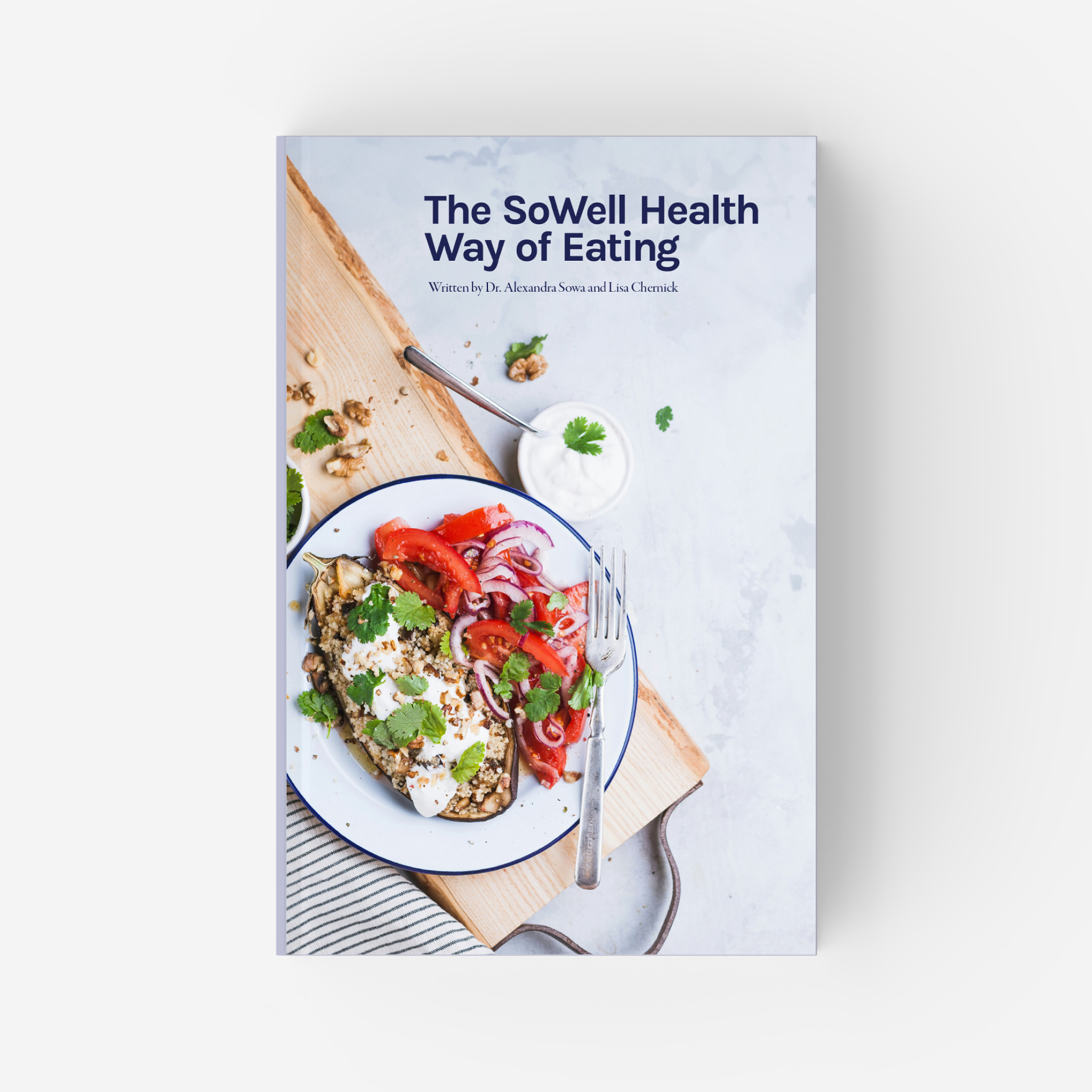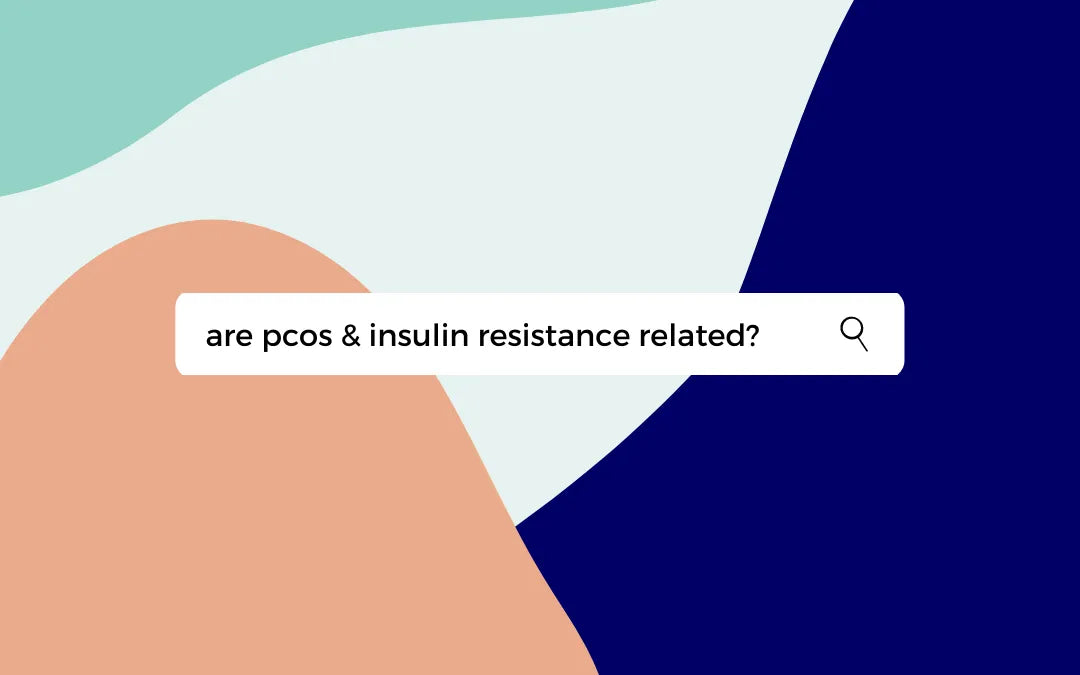
If you have PCOS does that mean you have insulin resistance, and vice versa? It’s a complicated answer simply because not every woman with insulin resistance goes on to develop PCOS, but a significant amount of women with a PCOS diagnosis are found to have insulin sensitivity.
First, let’s look at what insulin resistance is and what it means for a PCOS diagnosis. Insulin resistance takes place when the body finds it challenging to pull glucose from the bloodstream and the body faces resistance when converting food into energy. Because of this, the body tends to produce more insulin to try and maintain a balanced blood sugar level. However, this only leads to an overproduction of insulin in the long run and is a sign of type 2 diabetes.
That said, over 30% of women who suffer from polycystic ovary syndrome suffer from insulin resistance. However, not every woman with insulin resistance develops PCOS. It is why women with PCOS potentially stand at risk for developing type 2 diabetes and should be screened regularly.
Insulin resistance is more common among obese women, but has an independent relationship to PCOS. Some underlying symptoms of PCOS include heavy bleeding, painful menstruation, infertility, acne and more. When you have a high insulin level due to insulin resistance, it usually works to worsen these symptoms. Insulin sensitivity causes women to develop higher testosterone and are at risk for developing obesity, heart diseases, hypertension, and more.
Insulin resistance also contributes to infertility in women because it interferes with the implantation of the embryo. It can cause miscarriages in pregnant women due to malnutrition of the growing embryo. It is the primary cause of weight gain amongst women with PCOS. When there’s a high level of androgen production, there’s increased weight. It is usually a vicious cycle because the higher the insulin resistance, the worse symptoms become.
Insulin resistance in women with PCOS has links to postprandial thermogenesis – heat production that takes place due to metabolism. When you have increased insulin resistance, you will notice a higher craving for sweets and carbs. Insulin resistance slows this down, causing weight gain and emotional issues like mood swings in women. When a woman suffers from PCOS and insulin resistance, they generally find it difficult to lose weight. It is far easier for someone without PCOS to lose weight than for those with PCOS.
Managing Insulin Resistance
Learning how to manage your PCOS symptoms is vital to achieving better health and improving your quality of life. The best way to regulate your insulin is through your diet. You should eat every couple of hours to keep your blood glucose levels stable. When you have PCOS, fasting is not the best option for you. Also, go for whole foods like vegetables, fruits, and healthy fats like avocado, nuts, and more. You should also read the food label of every food you buy and avoid foods with refined carbohydrates.
Sticking to whole grains is also an excellent choice for women who suffer with PCOS. It is a healthier choice than white bread, cookies, or crackers. Although there will be a craving for sweets, control your sugar level as it helps to improve insulin resistance. Eating dates can help curb sugar cravings. Also, stay away from sugary drinks and foods with added sugar. These tips will help you minimize and manage insulin resistance irrespective of your condition.
Insulin Resistance & PCOS
While having insulin resistance does not automatically indicate you have PCOS the likelihood is still high.
Sign up for our newsletter to get the updates on new products, discounts, tips, and more!
